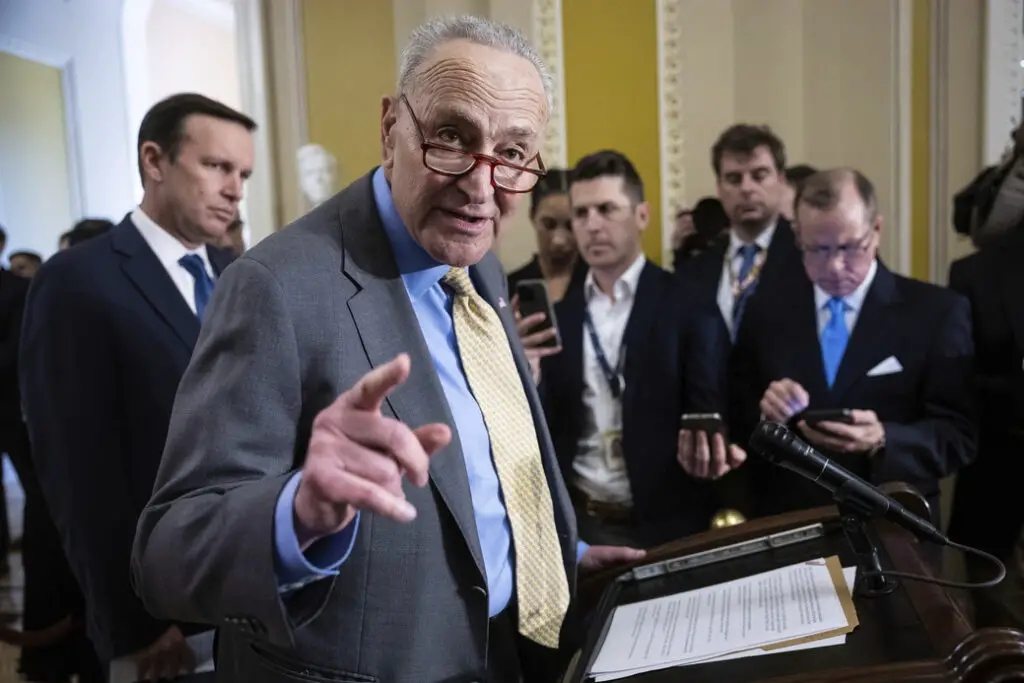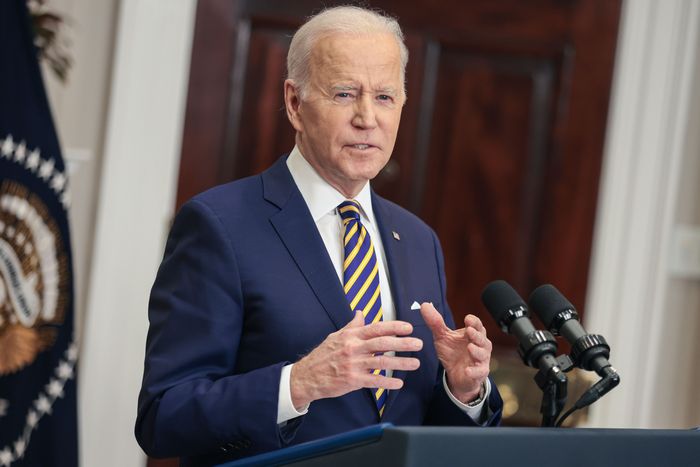In a significant move for the cryptocurrency industry, top executives from major crypto firms recently convened with the Biden administration to discuss growing concerns over regulatory crackdowns. This high-level meeting underscores the increasing tension between innovative financial technologies and traditional regulatory frameworks. The dialogue aimed to bridge the gap between policymakers and the crypto industry, ensuring that regulations protect consumers without stifling innovation.

Background on Cryptocurrency Regulation
Cryptocurrency has been a revolutionary force in the financial sector, offering decentralized, secure, and transparent transactions. However, the rapid growth of this industry has also raised numerous regulatory issues. Governments worldwide are grappling with how to regulate cryptocurrencies effectively. In the United States, the Biden administration has taken a proactive stance, emphasizing the need for robust regulations to prevent fraud, protect investors, and ensure market stability.
Key Players in the Meeting
The meeting featured prominent figures from the cryptocurrency world, including CEOs and top executives from leading companies such as Coinbase, Binance US, and Ripple. On the government side, the Biden administration was represented by senior officials from the Treasury Department, the Securities and Exchange Commission (SEC), and other key regulatory bodies. This gathering of influential stakeholders highlights the importance of the discussions and the potential impact on the future of cryptocurrency regulation.
Major Concerns Raised by Crypto Executives
Regulatory Uncertainty
One of the primary concerns raised by crypto executives is the regulatory uncertainty that currently plagues the industry. Without clear and consistent guidelines, companies face significant challenges in ensuring compliance. This uncertainty can deter investment and innovation, hindering the growth of the sector. Executives urged the administration to provide clearer regulatory frameworks that balance oversight with the need to foster technological advancement.
Impact on Innovation
Another critical issue discussed was the potential impact of stringent regulations on innovation. Cryptocurrency and blockchain technology are still in their infancy, with immense potential for future development. Overly restrictive regulations could stifle this innovation, preventing the industry from reaching its full potential. Executives advocated for a regulatory approach that encourages experimentation and growth while protecting consumers and the financial system.
Global Competitiveness
Global competitiveness was also a key topic. The United States has historically been a leader in technological innovation, and the crypto industry is no exception. However, stringent regulations could drive companies to relocate to more crypto-friendly jurisdictions, such as Switzerland or Singapore. This shift could result in the U.S. losing its competitive edge in the global market. Crypto executives emphasized the need for balanced regulations that maintain the U.S. as a hub for technological innovation.
The Biden Administration’s Stance
Consumer Protection
The Biden administration has made it clear that consumer protection is a top priority. Recent incidents of fraud and market manipulation in the crypto space have highlighted the need for robust oversight. The administration is committed to implementing regulations that protect investors and ensure market integrity without hampering legitimate business activities.
Financial Stability
Financial stability is another major concern for the administration. The volatility of cryptocurrency markets poses potential risks to the broader financial system. By establishing clear regulatory guidelines, the administration aims to mitigate these risks and ensure that the growth of the crypto industry does not undermine financial stability.
Encouraging Innovation
Despite the focus on regulation, the Biden administration recognizes the importance of fostering innovation. Officials expressed a willingness to work with the crypto industry to develop a regulatory framework that supports technological advancement while ensuring appropriate oversight. This collaborative approach aims to create an environment where innovation can thrive within a secure and regulated framework.
Implications for the Crypto Industry
Increased Compliance Requirements
The discussions are likely to lead to increased compliance requirements for crypto companies. These requirements may include more rigorous Know Your Customer (KYC) and Anti-Money Laundering (AML) protocols, enhanced reporting obligations, and stricter oversight of trading activities. While these measures will increase operational costs for companies, they are essential for ensuring market integrity and protecting consumers.
Opportunities for Regulatory Clarity
The meeting also presents opportunities for greater regulatory clarity. Clear and consistent guidelines will help companies navigate the complex regulatory landscape, reducing compliance costs and fostering a more stable business environment. This clarity can attract more investment into the sector, driving growth and innovation.

Potential Market Reactions
Market reactions to the outcome of these discussions could be significant. Positive developments, such as the introduction of clear and balanced regulations, could boost investor confidence and drive market growth. Conversely, overly restrictive measures could lead to market uncertainty and potential downturns. The industry will be closely monitoring the administration’s next steps and their impact on the market.
Conclusion
The recent meeting between crypto executives and the Biden administration marks a pivotal moment for the cryptocurrency industry. As the sector continues to grow and evolve, finding a balance between innovation and regulation is crucial. The discussions highlighted the need for clear regulatory frameworks that protect consumers, ensure financial stability, and foster innovation. By working collaboratively, policymakers and industry leaders can create an environment that supports the sustainable growth of the cryptocurrency market.
